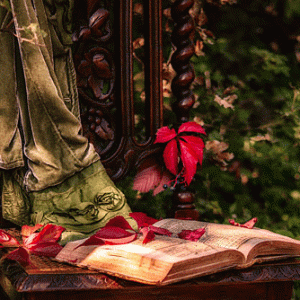It was my first day of a graduate level course, and I found myself staring down at the same question that I’d seen since I was old enough to read, what is your favorite book? Immediately I felt my heart sink and my palms begin to sweat. The question was no less impossible at that moment than it had been when I was younger. It wasn’t just the issue of having too many favorites to choose from, but also it was the need to make a good impression. I felt pressure to write down a work of literature like Atlas Shrugged or Things Fall Apart or Grapes of Wrath. These were all books that I had enjoyed, but none of them were my favorites. Instead, I ultimately went with the truth and jotted down my favorite fantasy and science fiction novels.
Since the day I selected Neverwhere by Neil Gaiman as a book report topic and was told to choose something more serious, I realized that in the literary world, genre books fall on a lower rung than general fiction. People denounce genre as childish and therefore inconsequential. Despite fantasy having roots in some of the very first literary works, Matt Sanchez points out on his website that “high school and college English teachers dismiss it as a popular diversion that lacks substance.” Horror and science fiction get treated similarly, although to a lesser degree than fantasy. These stigmas tend to cling to books of genre, causing many to publish in other fields just to be taken seriously.
But there are just as many things to learn from books classified as genre as there are in literary fiction. The Two Towers made me laugh for the first time since my grandfather died and taught me that even in the midst of tragedy, there is always something to smile about. Allegiance, a book in the Star Wars series about stormtroopers who defect from the empire to help those they had wronged, made me revisit stories of the Holocaust and wonder what it was like to choose between obeying the law and standing up for what you believe in. Death Gate Cycle made me realize that everyone is the hero of their own story, but the villain of someone else’s. The only difference in how these lessons are taught is the creative approach they take. As Sanchez notes, “The situations and emotions would ring true for the reader, once he or she got past the strange and unimaginable.” More than anything, the genre books that I’ve read are studies in humanity. They look at how the choices we make in our lives define who we are both to others and ourselves.
These lessons are often the same ones we study in other, more “reputable,” areas. The only difference is the lens that genre uses to look at the world. But I would argue that this lens sometimes gives us the distance we need from an issue in order to see it more clearly, making genre an invaluable asset to the world of literature.

